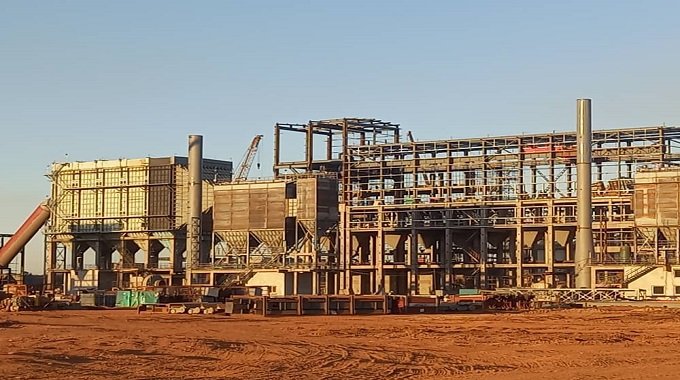The critical role of leveraging business partnerships in Africa’s development cannot be overstated. The continent is home to a wealth of innovative minds whose potential often remains untapped, leading to frustration and the premature demise of brilliant ideas due to a lack of funding. This scenario has sadly transformed Africa into a repository of unfulfilled brilliance, with numerous promising concepts failing to make a tangible impact on its populace.
During the 7th Nigerian International Energy Summit, held in Abuja, Nigeria, under the theme “Navigating the New Energy World Order: Security, Transition, and Finance,” a representative from the energy titan Shell underscored the transformative potential of African countries in the energy sector. The summit provided a platform for discussions on how to achieve energy security, facilitate transition, and foster economic prosperity through partnerships, technological innovation, and sustainable financing.
In a ministerial panel session at the summit, Osagie Okunbor, Managing Director of The Shell Petroleum Development Company of Nigeria Ltd (SPDC) and Country Chair of Shell Companies in Nigeria, articulated a vision for advancing energy security, transition, and economic prosperity across Africa. Okunbor, represented by Elohor Aiboni, the Managing Director of Shell Nigeria Exploration and Production Company Ltd (SNEPCo), emphasized the necessity of a comprehensive approach. This approach involves enhancing efficiencies in developing conventional energy sources, which are plentiful in Africa and will remain crucial in the near and foreseeable future.
Okunbor highlighted the importance of international partnerships and collaborations in accessing best practices, cutting-edge technologies, and innovations to optimize operations and reduce emissions. He pointed to the Oil and Gas Methane Partnership (OGMP) as a successful example of how SPDC and SNEPCo are working to monitor and mitigate methane emissions in their operations.
Furthermore, Okunbor advocated for sustainable financing mechanisms, such as impact investing and public-private partnerships, to secure the necessary capital for developing clean energy projects, improving infrastructure, and bolstering local capabilities. He stressed that energy security, transition, and finance represent critical challenges the world and energy sector executives are contending with. Achieving secure and uninterrupted access to energy at affordable prices is essential for the economic growth and development of every country, especially emerging economies in Africa.
Reflecting on Shell’s longstanding involvement in Africa, Okunbor cited the company’s active engagement in Nigeria, Egypt, Namibia, Ghana, South Africa, Tunisia, and several other countries. In Nigeria, for instance, Shell is collaborating with the government, partners, and other stakeholders to utilize gas as a transition fuel, promote local content development, and deploy renewable energy solutions to power millions of off-grid households.
Okunbor concluded by noting the significant progress in collaborative efforts and the anticipation of more opportunities moving forward, emphasizing the vital role of partnerships in unlocking Africa’s energy sector potential and driving sustainable growth.










